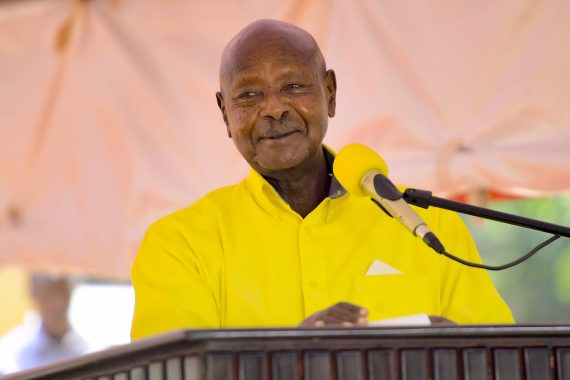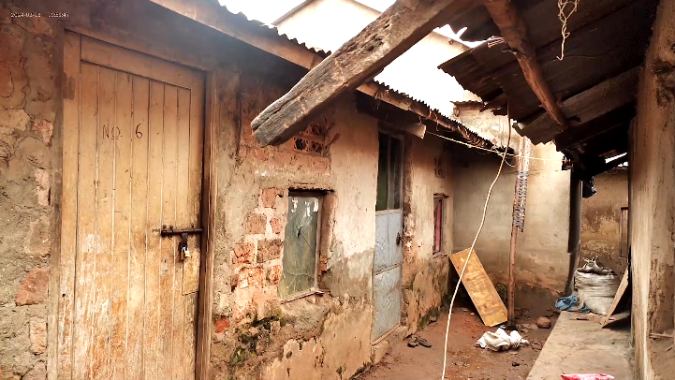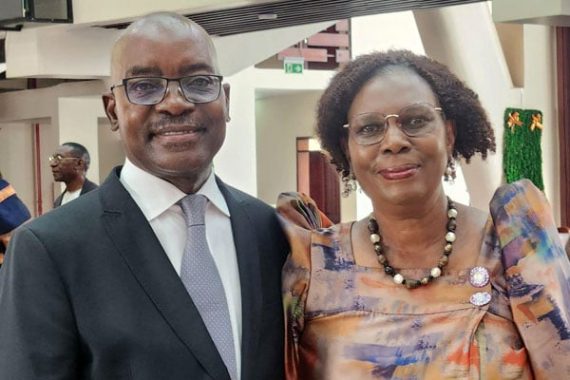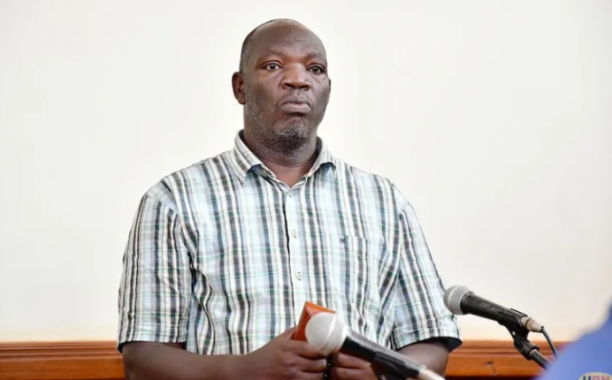Dan Odongo, the UNEB Executive Director, says the board is ready and waiting for formal instructions from the ministry of education to examine Kiswahili.
This comes as the Minister for ICT Hon. Chris Baryomunsi announced a cabinet decision on Tuesday for compulsory teaching of Swahili at all levels of education.
Dr. Baryomunisi explained that the language must be taught in Primary, Secondary and University levels, in addition to training at Cabinet, Parliament and media circles. Baryomunsi has clarified that the language is going to be examinable.
He further stated that this is intended to implement the adoption of Kiswahili as an official language of the East African community in fulfillment of Article137 (2) of the East African Community treaty.
Baryomunsi says to benefit from the ongoing integration of the East African Community, there is a need to sensitize Ugandans that this language is important.
Now, Odongo says that UNEB is already examining the subject at secondary level where it is compulsory for Senior one and two learners, although it’s not at national level.
“We will wait for the Ministry of Education position, If they say Swahili should be examinable, we will do it because we are already examining learners at the lower level secondary level and at A level,” he says
Grace Baguma, the director of National Curriculum Development Center (NCDC) Says Kiswahili has failed to be implemented in all schools because it is not assessed by the UNEB.
“We have a problem. Many schools don’t teach subjects that are not assessed by UNEB. I will give you an example, primary schools now teach only four subjects leaving the rest of the learning areas in the curriculum. I will be open to you, to have this subject taught effectively in primary schools it needs to be examined,” she said.
Dr. Baguma says the NCDC is already working with UNEB to see how better the language can be assessed.
The ministry of education introduced the language in the Uganda primary school curriculum in 2000 but it is yet to be implemented.
The 1995 constitution designated Kiswahili as Uganda’s second official language, behind English. Its advancement and application have, however, been modest.
















